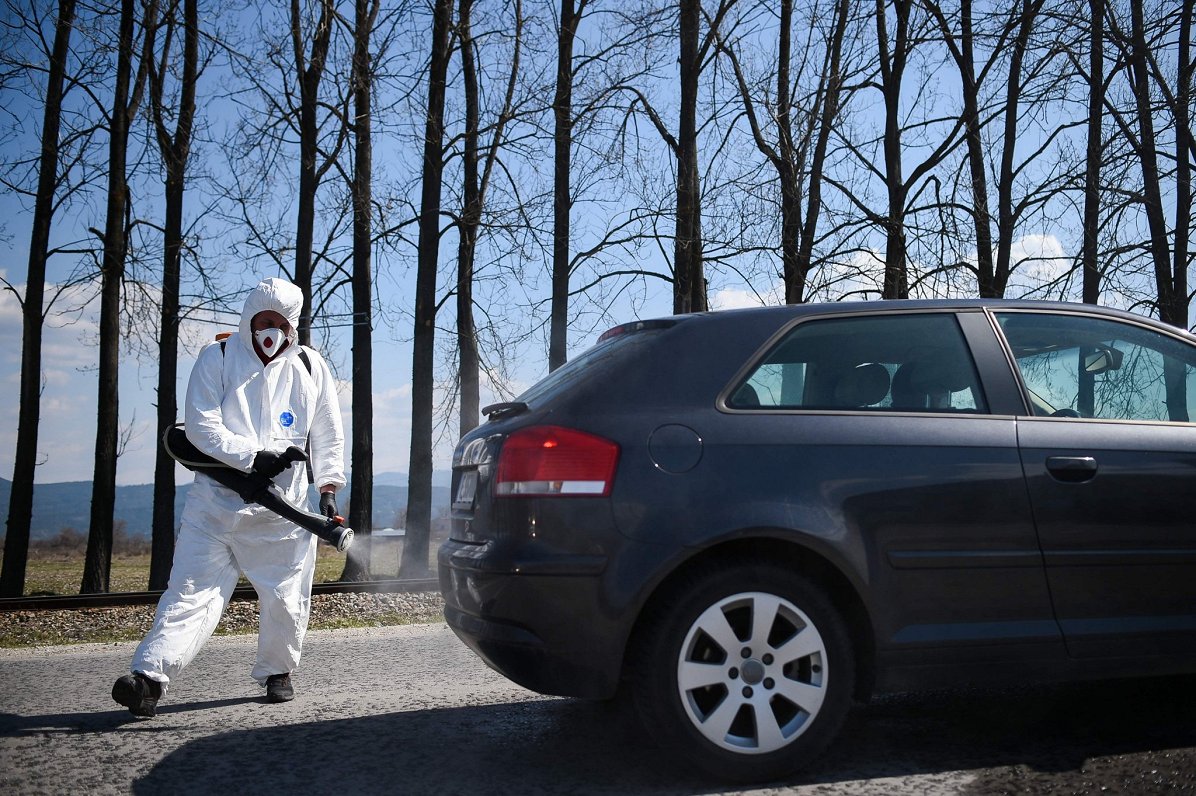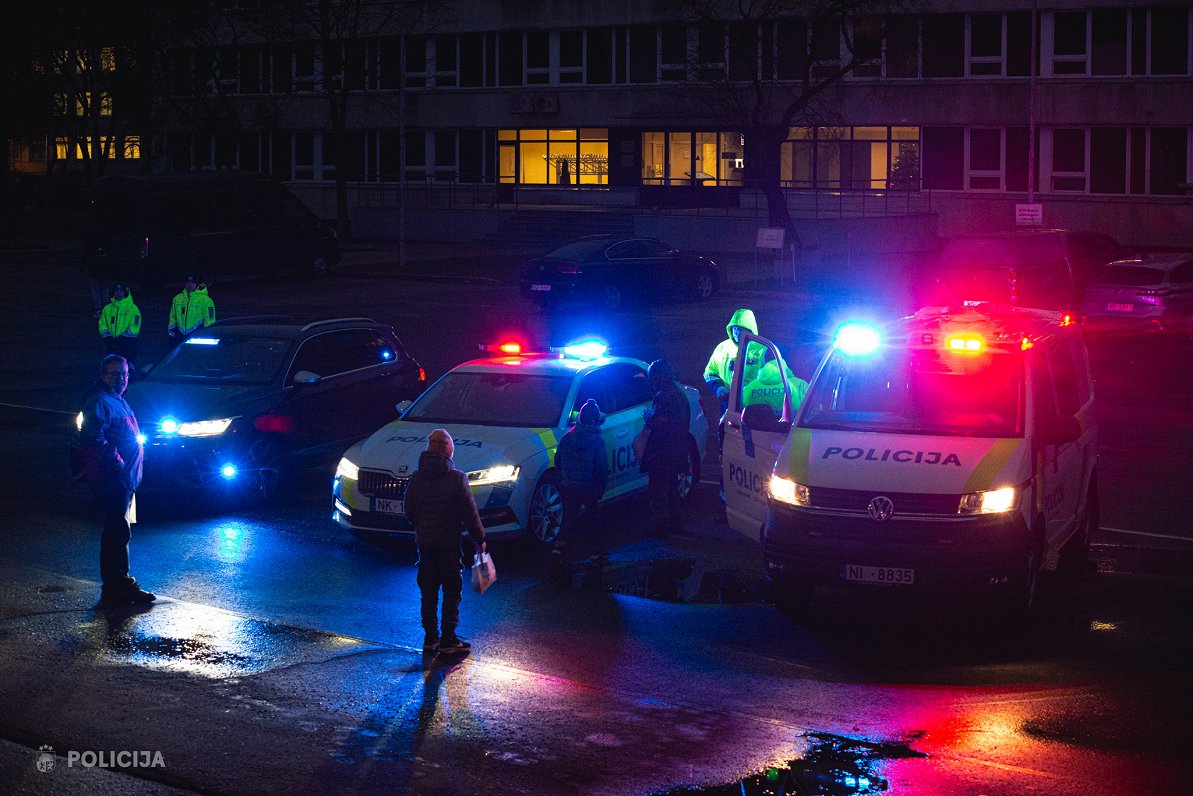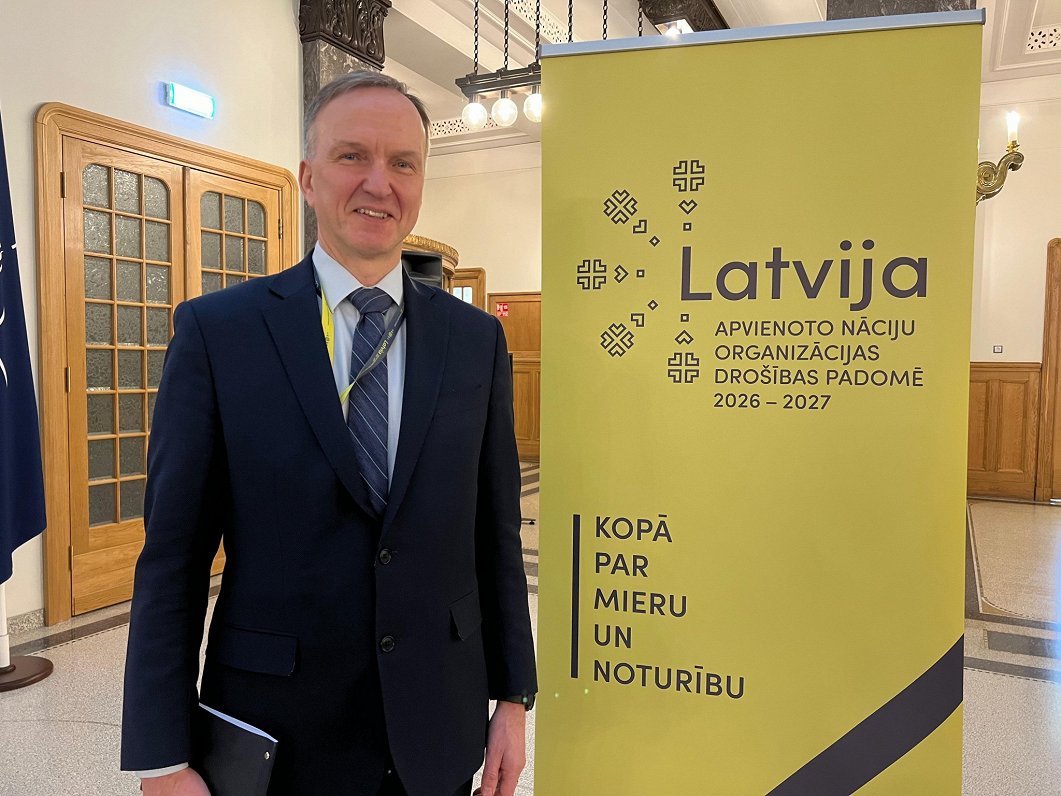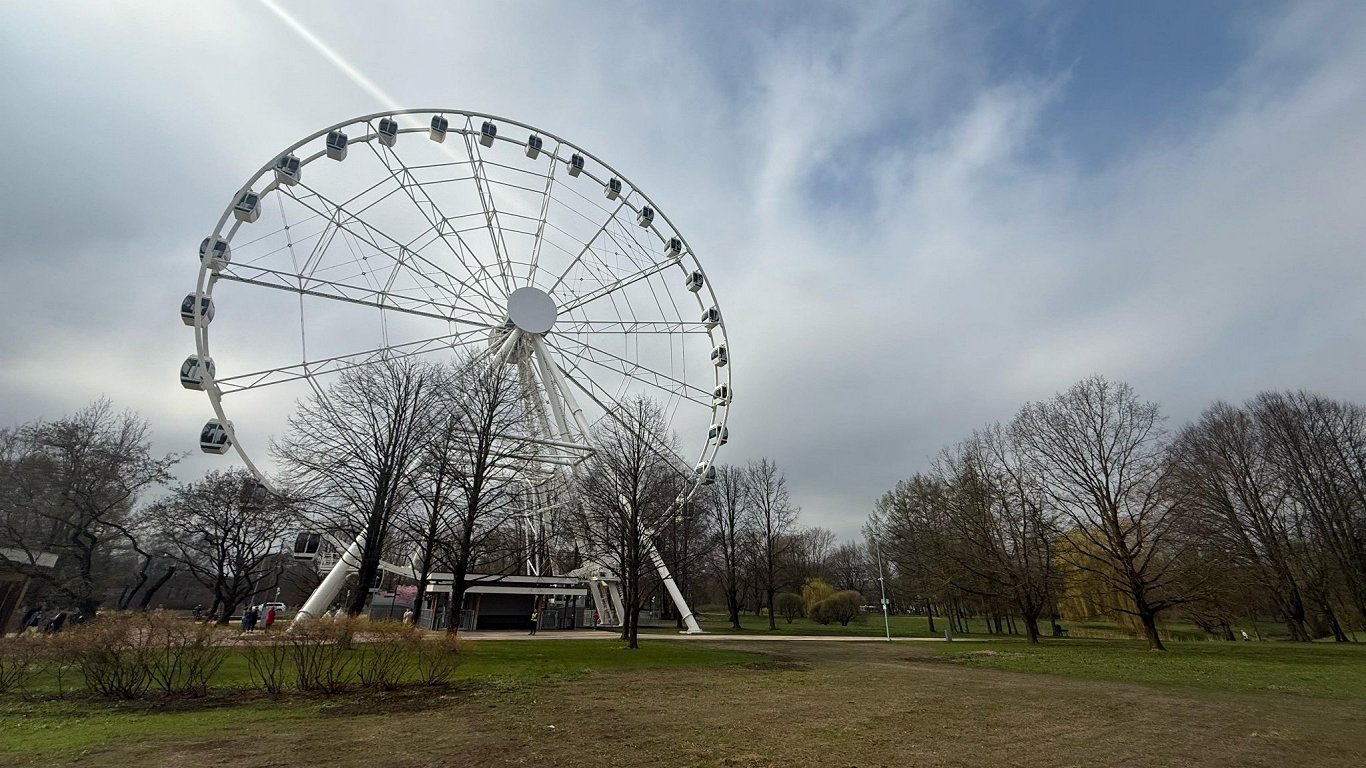If the dangerous foot-and-mouth disease affecting cattle in parts of Europe approaches Latvia, it is planned to disinfect incoming road transport on the Lithuanian-Latvian border, reports Latvian Radio.
Taking into account the outbreaks of the highly contagious disease on farms elsewhere in Europe, on Tuesday the government’s Crisis Management Council discussed various operational scenarios. Currently, the Food and Veterinary Service (PVD) has intensified controls on the transport of farm animals and is informing farms about biosecurity. The Minister of Agriculture indicated that currently the level of biosecurity on farms is high.
New outbreaks of foot-and-mouth disease are being detected in Slovakia and Hungary, where large numbers of animals have had to be culled on cattle farms. The disease has not yet been detected in Latvia, but scenarios were discussed at the Crisis Management Council meeting on April 8 in case the disease approaches Latvia.
Minister of Agriculture Armands Krauze (Greens and Farmers’ Union) points out that the disease is currently more than 1,000 kilometers away from Latvia and the risk of spread is still small.
“From the Ministry of Agriculture, we are informing farmers, we have sent information to both animal owners and official e-mails about what safety measures should be taken and from which places and countries animals should not be purchased. Another 7.5 million [euros] have been allocated for biosecurity measures projects as part of the strategic plan,” the minister said.
The Food and Veterinary Service (PVD) has intensified controls at livestock facilities and cattle collection centers, checking the cleanliness and disinfection of vehicles before animals enter.
Head of the service Māris Balodis pointed out that the crisis council discussed action scenarios with three levels of disease threat, and as the infection approaches Latvia, one of the planned measures is the potential disinfection of cars at the state border.
“If the disease goes beyond the control of our colleagues in Hungary and Slovakia and affects Poland, then in the event that there are outbreaks somewhere, starting from the Warsaw region, we will have to restore veterinary controls at the border with the support of other institutions. And that includes the disinfection of various types of vehicles,” Balodis said.
The PVD reminded farmers that strict biosecurity measures help protect herds from contracting any infectious diseases.
The head of the State Fire and Rescue Service (SFS), Colonel Mārtiņš Baltmanis, indicated that the service is ready to engage in road transport disinfection measures with its own resources, as well as to provide personal protective equipment.
“The law already stipulates that municipalities can restrict the movement of people for up to two weeks, but this is already the case if there is a worst-case scenario. Then, accordingly, the State Police, for example, will control the roads so that no one drives in there, but the biosecurity measures will remain in place. It is not a disaster yet, but according to the law, there is currently a threat of an epizootic disaster, which is why this meeting of the Crisis Management Council was convened as a preventive measure,” said Baltmanis.
Foot-and-mouth disease is an acute and highly contagious infectious disease of cows and other ungulates such as sheep, deer and pigs. Though it does not affect human health it can have a devastating impact on the livestock trade.
Data compiled by the Food and Veterinary Service show that this year, foot-and-mouth disease has already been detected in three European countries: Germany, Slovakia and Hungary.







Be First to Comment